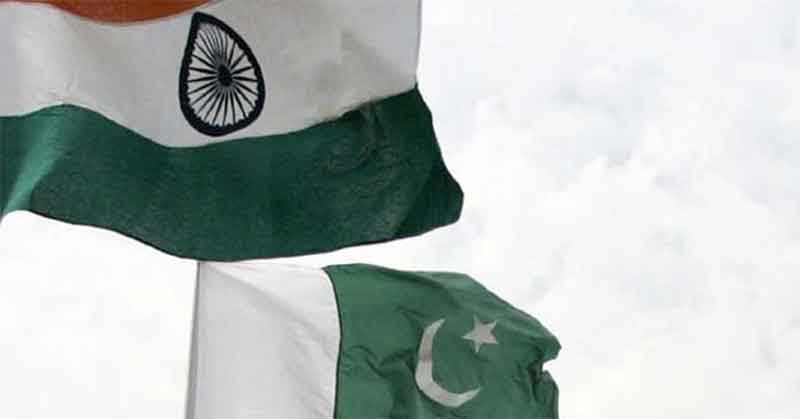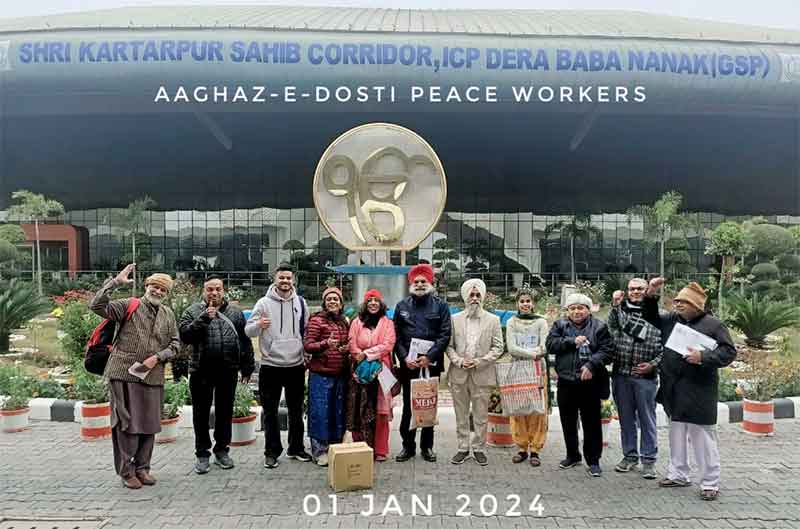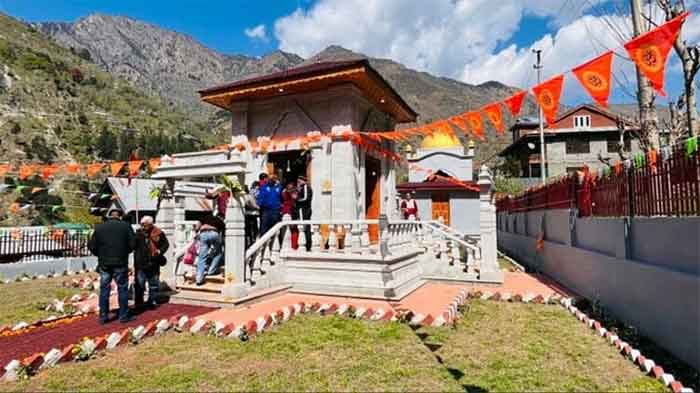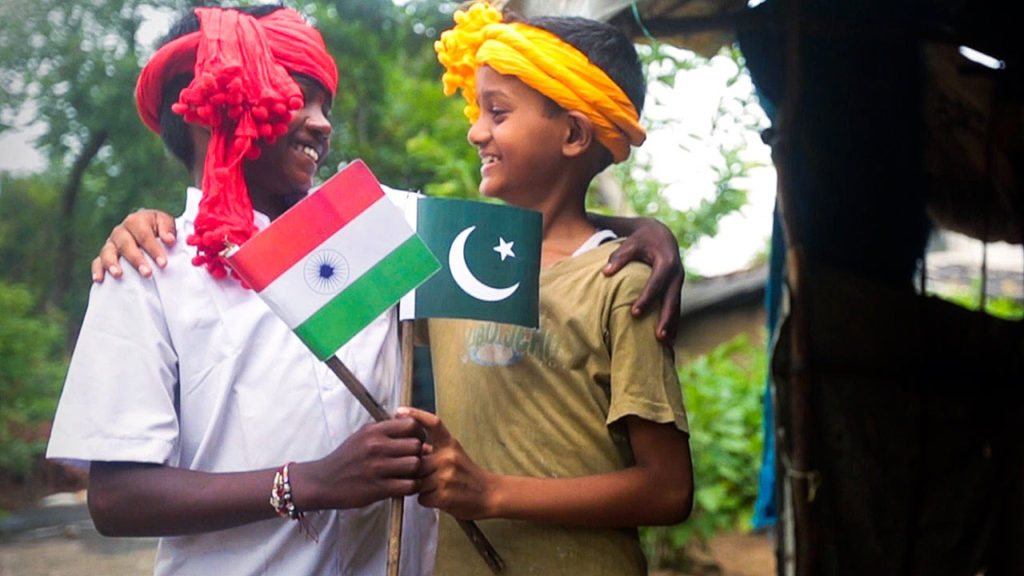
The debate surrounding the hostile relations between India and Pakistan dates back to the time of their independence. Despite various efforts made throughout history to establish peace between the two hostile neighbors, hostility continues to persist. Throughout history, several diplomatic initiatives have been made to put an end to the ongoing animosity including Confidence Building Measures, talks, pacts, and accords. CBMs are believed to be one of the important tools for reducing tensions between hostile states. Arguably, the absence of confidence between the two long-standing enemies has continually hindered initiatives for peaceful coexistence, making it highly challenging for the region to achieve peace.
The United Nations Office for Disarmament Affairs defines CBMs as actions planned to avoid hostilities, de-escalate, minimize military tension, and promote international trust. Desjardin’s definition adds that CBMs include enhancing mutual communication, exchanging visits and inspections, establishing guidelines for military drills, implementing social and cultural initiatives, and collaborating across a range of fields. Thus, CBMs are long-term efforts to achieve ultimate objectives. Therefore, to foster confidence and peaceful coexistence, Pakistan and India require an extensive strategy for CBMs in the political, military, economic, environmental, and social domains.
The South Asian region has often been referred to as the “least integrated” and a potential “nuclear flashpoint”. The relations between India and Pakistan have been marred by continuous perception of threats, disputes over land and water resources, the nuclearization of the region, and an ongoing arms race. One major reason for the failure to achieve peace in South Asia was the lack of commitment from both India and Pakistan. As mentioned by Abbas and Khan in their article, India insists Pakistan put an end to cross-border terrorism; a precondition for India to engage in dialogue. Similarly, Pakistan emphasizes the reversal of Indian abrogation of Article 370 as a precondition to engage in discussion. It is important to note that the absence of trust between the two countries significantly impacts their bilateral relationship and how military CBMs are carried out.
Delving into the history of CBMs between India and Pakistan, the 1992 agreement on the total ban of chemical weapons, in which both countries claimed they were not in possession of chemical weapons, was a landmark in CBM history. Nevertheless, these CBMs experienced a significant blow when India revealed its chemical weapons stockpile under the Convention on Chemical Weapons. Moreover, India and Pakistan have been important members of SAARC which promotes regional economic, social, and cultural development. However, due to India-Pak’s animosity and ongoing issues, SAARC was unable to fulfill its goal of promoting regional cooperation in a number of areas. Similarly, another important CBM effort was the Srinagar to Muzaffarabad bus service which was initiated in 2005 by Pakistan and India. However, this bus service has not been operated since 2019. Therefore, despite multiple CBMs, Pakistan and India have been unsuccessful in establishing trust.
CBMs between Pakistan and India have been formulated with the underlying perspective of opposing ideologies and security challenges. Haider and Azad specify certain impediments in the smooth implementation of CBMs. They assert that the “exploitation of the vote bank” has deteriorated India-Pak relations, as politicians often portray taking a stricter stance against the other country as a means of gaining public support and presenting themselves as strong leaders. The strikes before the Indian elections in 2019 serve as an example. Therefore, undermining relations and weakening efforts to adopt and implement CBMs. Similarly, they highlight the role of the state in promoting “short-term- state policies of violence” to come to power. Therefore, parties such as the BJP, following a strong nationalist ideology, have taken a hard line on bilateral matters, seriously undermining bilateral relations and leaving less room for CBMs.
In order to promote strategic stability, and regional human security, Pakistan and India need to focus on diplomatic conflict resolution, economic integration, people-to-people interactions, sub-regional SAARC initiatives, and cooperation in non-traditional security areas like trade and climate change. CBMs that pertain to the sphere of climate change mitigation are crucial and can significantly help tackle the climate crisis together. It is also recommended that both nations give careful thought to implementing CBMs in their visa policies in order to boost sports, culture, business, and tourism.
Similarly, effective military CBMs require cooperation in areas such as social, political, and economic policies, as well as openness in the exchange of information. Not only that, but there is a need for Nuclear Confidence-Building Measures (NCBMs) as well. Saadia and Choudhary highlight that the inability of India and Pakistan to establish an official NCBM regime poses a challenge to the effective handling of problems between the two nuclear-armed nations. Events such as the BrahMos missile launch disaster in 2022 and the Pulwama-Balakot incident in 2019 highlight the vital role that NCBMs could play in reducing tensions and averting future conflicts.
Pakistan and India share similar challenges such as a large population, poverty, and climate change which could be addressed through regional cooperation and strong CBMs. Moreover, for regional stability, safety, and prosperity, achieving lasting peace between India and Pakistan is crucial. Sharing similar culture and language along with other multiple commonalities, it is in the interest of Indians and Pakistanis to live in harmony. To put an end to the years of hostility, peace in the region could be established by the implementation of solid, practical, and institutionally implementable CBMs. Therefore, to pursue the path of peace, both sides need to promote regional cooperation, people-to-people communication, and economic cooperation, along with diplomatic initiatives and military and nuclear CBMs.
Malaika Afridi has majored in Politics and International Relations from the University of London’s International Programme. She has previously published articles on India-Pak relations, arms control and disarmament, and climate change. Her interest areas are disarmament and arms control, nuclear non-proliferation, great powers, humanitarian action, sustainable development goals, and climate change. She can be reached at [email protected]















































